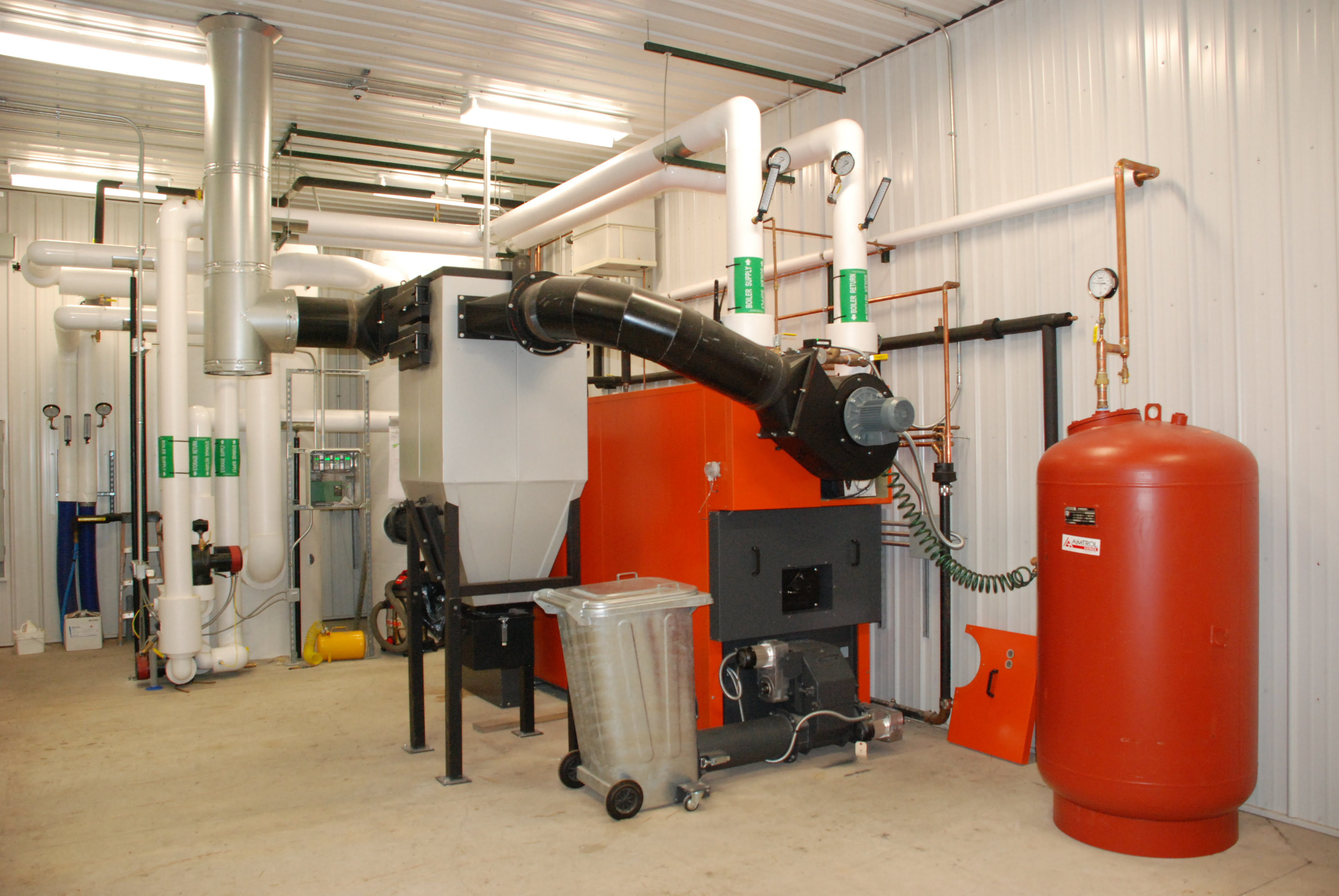Funding Letter - Illini EcoConcept
This project funds the Illini EcoConcept team for their efforts to design and manufacture a Hydrogen Fuel Cell Urban Concept Vehicle to compete in the Shell EcoMarathon Competition in 2017. While the competition has always been centered on energy efficiency, it also promotes and rewards innovation that leads to a more sustainable energy system to support communities around the globe. Specifically, in the Urban-Concept Vehicle division, teams compete to have the most efficient vehicle that incorporates many features of real-world cars, such as wet-weather driving ability, headlights, turn indicators, and so on. The Illini EcoConcept has chosen to power their vehicle using hydrogen fuel cell, which has been gaining popularity lately, and is seeking to break the competition efficiency record in the coming school year. The team would like to build on the 2nd place finish in the Americas region last year and be able to compete in the world championship. Specifically, the team strives to (i) promote the use of hydrogen fuel cell as a clean alternative to combustion engines, (ii) build a whole new drivetrain system that would eliminate the causes of inefficiencies found in the previous years, (iii) design and fabricate a lighter chassis and body, and (iv) develop an air-cooling system that would prevent overheating of the system. This proposal directly funds: 1) Parts and Supplies 2) Manufacturing Costs for Custom Modules.

